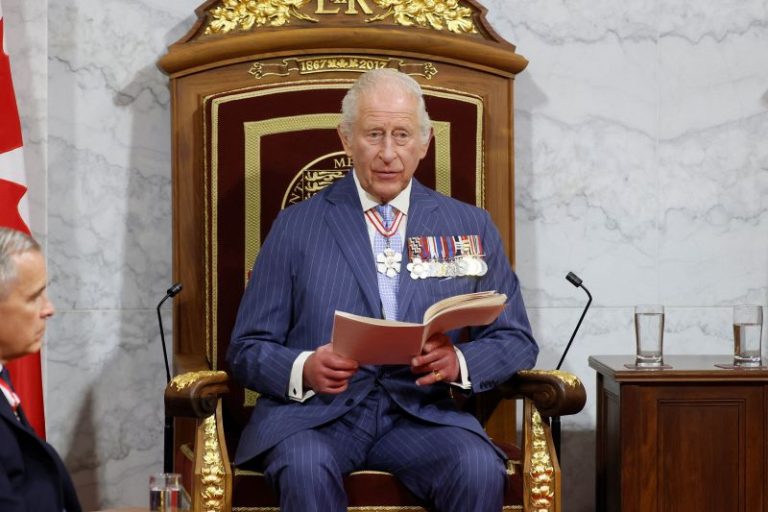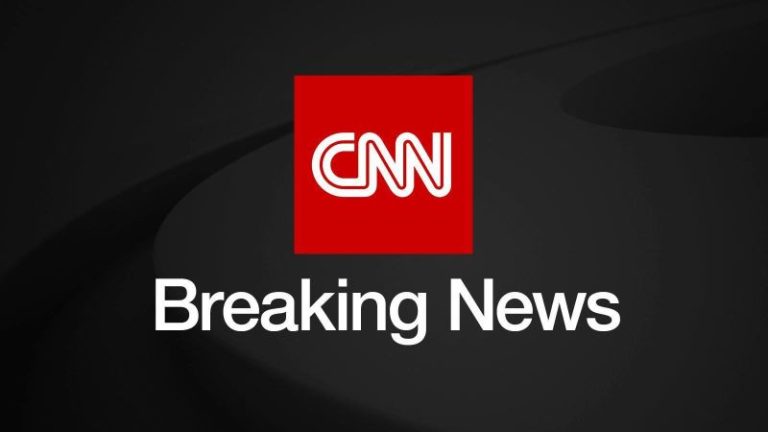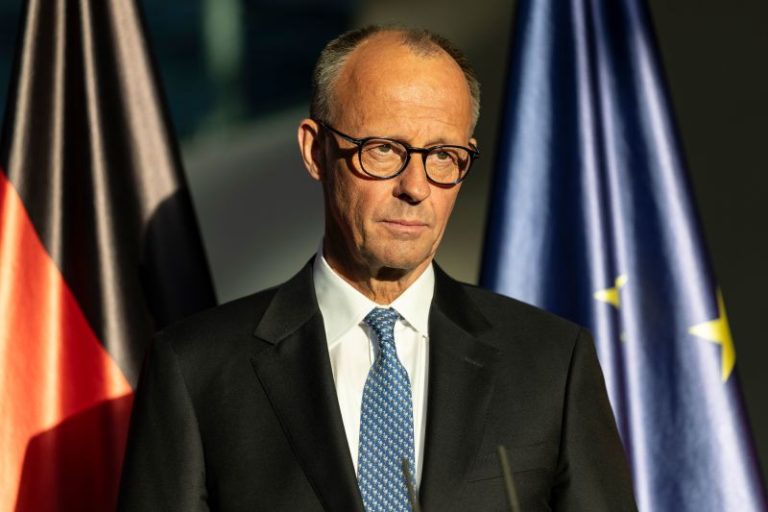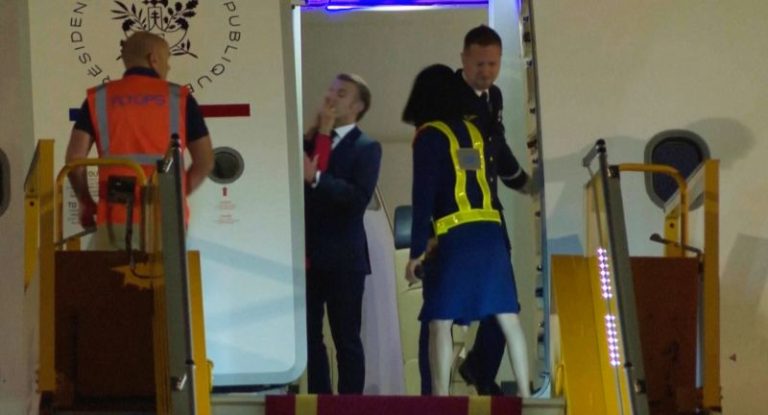King Charles III used a significant speech in Canada’s parliament on Tuesday to underscore the country’s sovereignty following pressure from US President Donald Trump.
“Today, Canada faces another critical moment. Democracy, pluralism, the rule of law, self-determination, and freedom are values which Canadians hold dear, and ones which the Government is determined to protect,” the king said from the throne in the Senate chamber as he delivered a speech, which laid out the Canadian government’s legislative agenda for the year ahead.
Charles, 76, is on a two-day trip to Canada, the first time he has visited the country since assuming the throne in 2022. He is the head of state in Canada and 13 other Commonwealth realms, as well as in the United Kingdom.
It was the first time in nearly 50 years that a sovereign had delivered the address and was seen by many as a powerful show of support for Canada.
King Charles’ remarks comes as Trump has repeatedly expressed his desire to annex Canada and make it the 51st state — a move which Canadian Prime Minister Mark Carney has repeatedly rebuffed.
During the roughly 26-minute address, which was written by the Canadian government, Charles spoke of the several challenges the nation faced. “The system of open global trade that, while not perfect, has helped to deliver prosperity for Canadians for decades, is changing. Canada’s relationships with partners are also changing.”
King Charles discussed the changing relationship between Canada and the United States.
“The Prime Minister and the President of the United States, for example, have begun defining a new economic and security relationship between Canada and the U.S., rooted in mutual respect and founded on common interests, to deliver transformational benefits for both sovereign nations,” he said.
Charles also referenced protecting Canada’s sovereignty, saying that the government would look at “rebuilding, rearming, and reinvesting in the Canadian Armed Forces.”
He said the government “will boost Canada’s defence industry by joining ReArm Europe, to invest in transatlantic security with Canada’s European partners. And it will invest to strengthen its presence in the North, which is an integral part of Canada, as this region faces new threats.”
The monarch added: “The government will discharge its duty to protect Canadians and their sovereign rights, from wherever challenges may come at home or abroad.”
King Charles on Tuesday also emphasized that “the Crown has for so long been a symbol of unity for Canada,” adding that “it also represents stability and continuity from the past to the present.”
‘Delicate balancing act’
Charles and his wife, Camilla, made their way to parliament by carriage through the streets of the capital.
As the king formally opened a new session of parliament, he outlined some of Carney’s other priorities, which also focused on domestic issues such as more affordable housing, a tax cut for the middle class and the removal of barriers to interprovincial trade — themes the prime minister promised voters during the recent election campaign.
The king alternated between speaking in English and French – the two official languages of Canada – and received a standing ovation after wrapping up the speech.
Jeffrey Dvorkin, journalist and senior fellow at Massey College in Toronto, described the speech as a “delicate balancing act” after the recent unwanted attention from Trump, but one that touched upon key issues and tensions in Canada.
“Geography has been the greatest uniting force. But now under Prime Minister Carney, Canadians are looking overseas for a different set of connections without necessarily separating from the best connections that Canada has with the United States,” he continued.
“But it certainly was a message to the Trump administration that those days of Canada accepting everything that the United States tries to do, those days are over.”
King Charles and Queen Camilla were warmly welcomed on the tarmac as the couple touched down in Ottawa on Monday afternoon by Carney and Canadian Governor General Mary Simpson, the monarch’s representative in the country.
On Monday, Carney – who was elected in March largely on an anti-Trump platform – praised the “historic ties” between Canada and the United Kingdom which “crises only fortify.”





